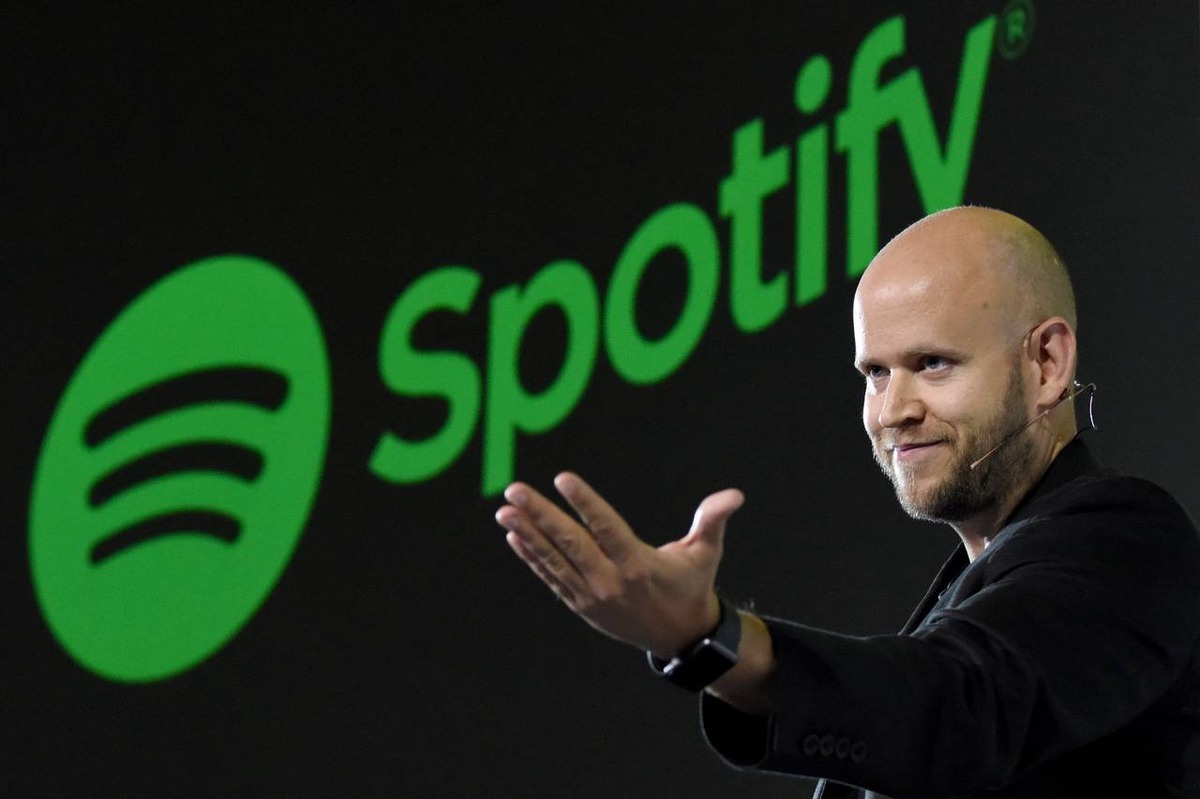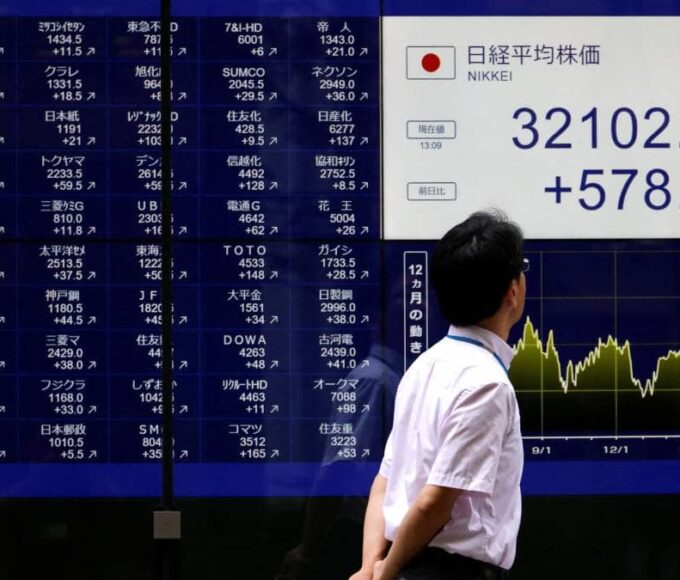Spotify’s stock price fell sharply on Tuesday, dropping 11.5% and wiping out over $16 billion in market value, after the company reported lower-than-expected profit forecasts for the next quarter.
The sharp decline came despite Spotify reporting strong growth in users and revenue during the second quarter (Q2) of 2025. The music streaming platform now has 276 million premium subscribers, up 8 million from the previous quarter, and 696 million total monthly active users.
However, investor confidence was shaken by Spotify’s Q3 profit forecast of €485 million ($550 million), which fell short of analysts’ expectations of around €560 million. The company’s Q2 operating income also missed estimates, coming in at €406 million ($460 million), below its own guidance.
Rising ‘Social Charges’ to Blame
Spotify attributed the profit shortfall mainly to rising “Social Charges” — payroll taxes in certain countries that increase when the company’s stock price rises. These charges are linked to the value of employee share-based compensation.
In Q2 alone, these Social Charges cost Spotify €116 million ($132 million), nearly double what it had projected. The company’s stock has more than doubled over the past year, significantly increasing this tax burden.
Spotify explained: “Since a portion of these taxes is tied to the intrinsic value of share-based compensation awards, movements in our stock price can lead to fluctuations in the taxes we accrue.”
From Profit to Loss
Despite showing strong business performance, including a 15% increase in revenue year-over-year (to €4.193 billion or $4.75 billion), Spotify posted a net loss of €86 million ($97.5 million) for Q2. In comparison, it had reported a net profit of €225 million in the first quarter of 2025.
The loss was driven by high finance costs of €447 million ($507 million), combined with Social Charges and income tax expenses of €134 million ($152 million).
Market Reaction
Spotify’s market capitalization at the close of trading on July 29 was $126.9 billion, down from $143.5 billion the day before, according to Google Finance. The stock price decline highlights how rising tax costs tied to share price growth can negatively impact short-term profitability — an uncommon challenge for successful tech companies.
Business Still Strong
Despite the stock market reaction, Spotify’s core business remains healthy. Premium revenue grew by 16% year-over-year, and average revenue per user (ARPU) for premium subscribers rose 3% on a constant currency basis.
Spotify’s gross margin also improved, reaching 31.5% in Q2, up from 29.2% a year earlier, showing strong underlying performance.
However, the growing impact of Social Charges may continue to weigh on investor sentiment in the short term.











